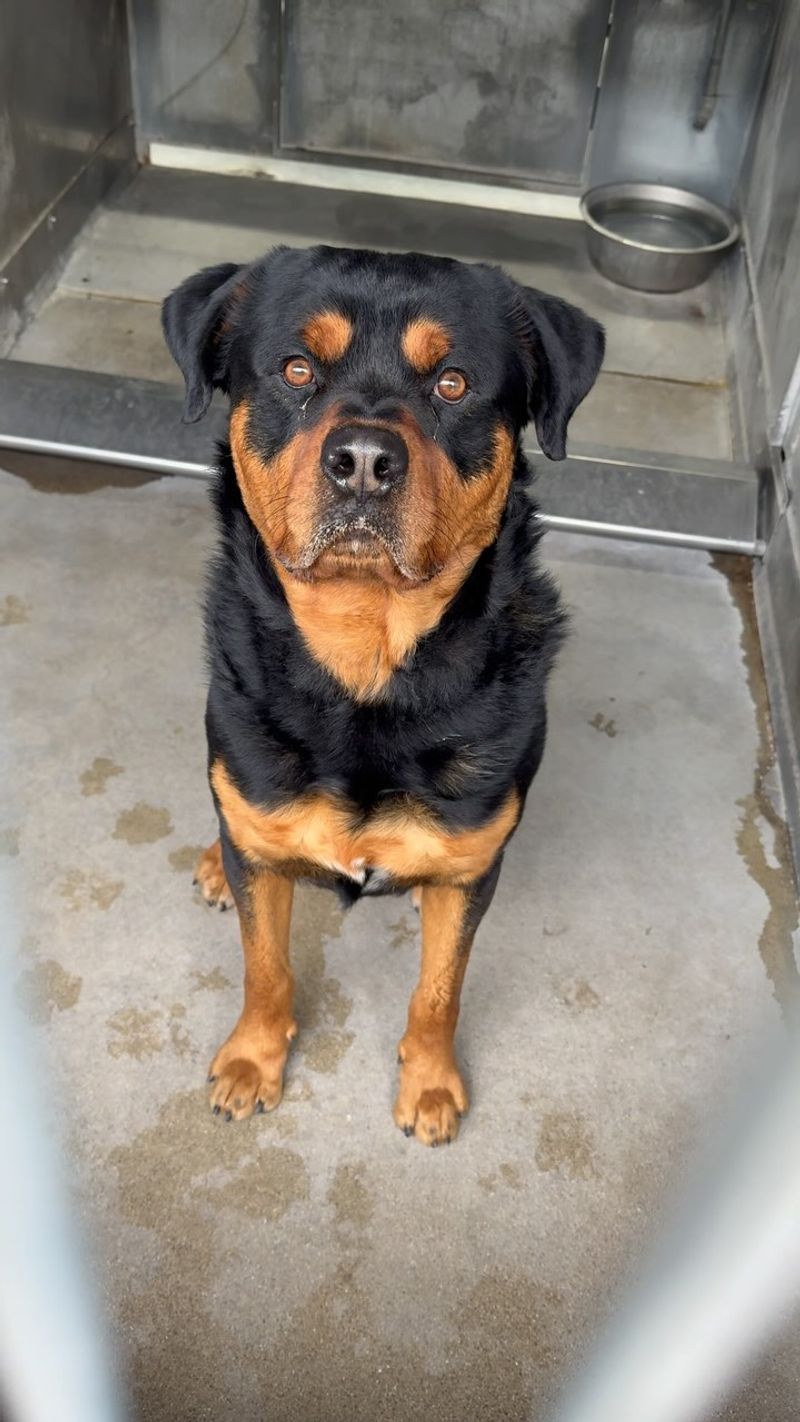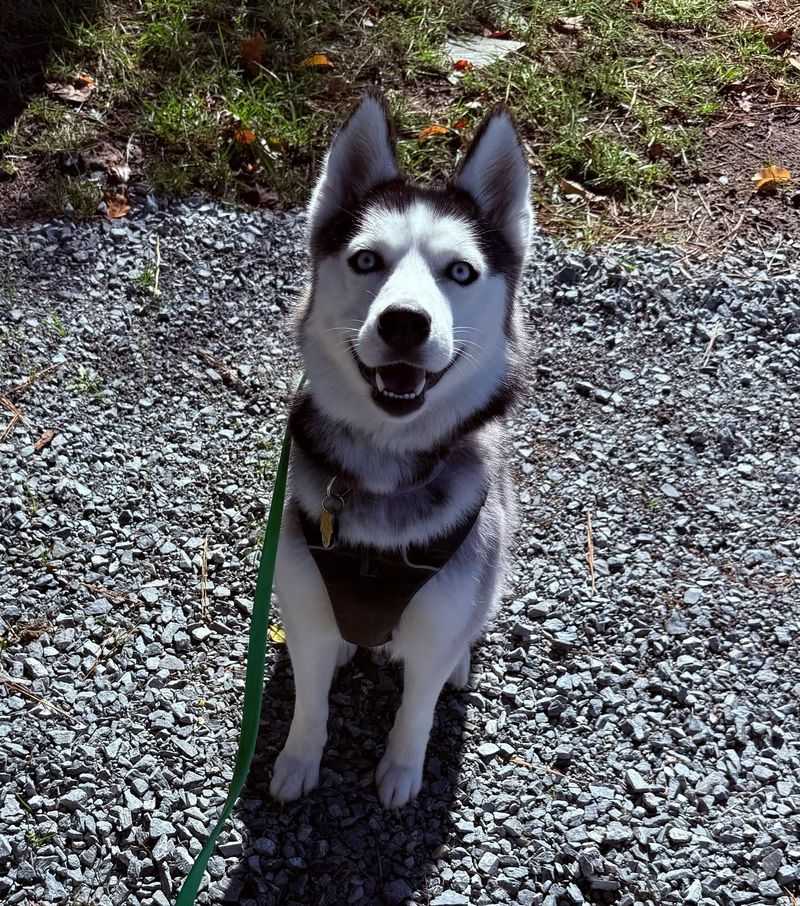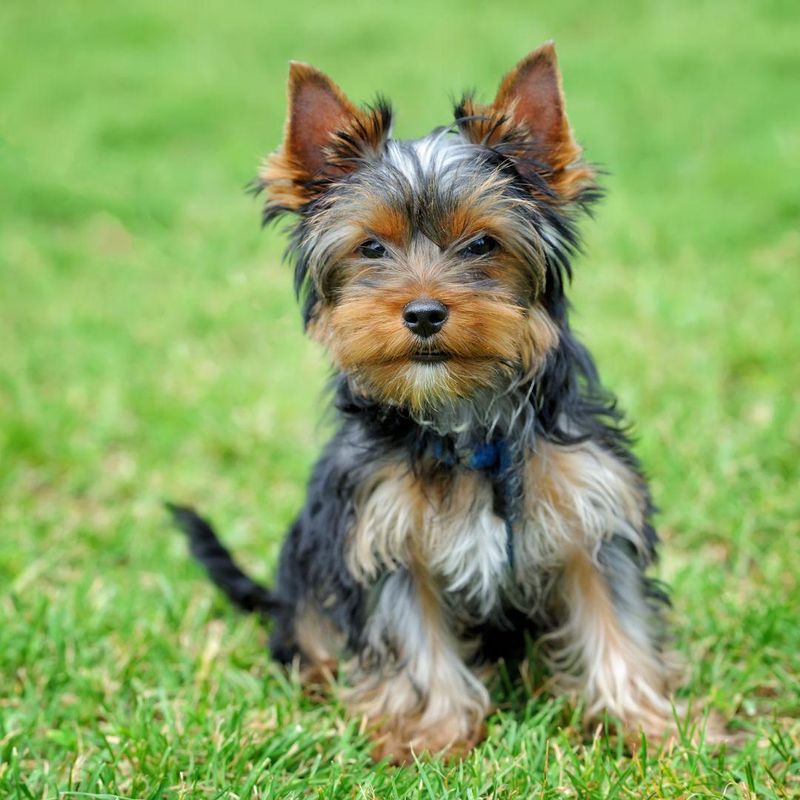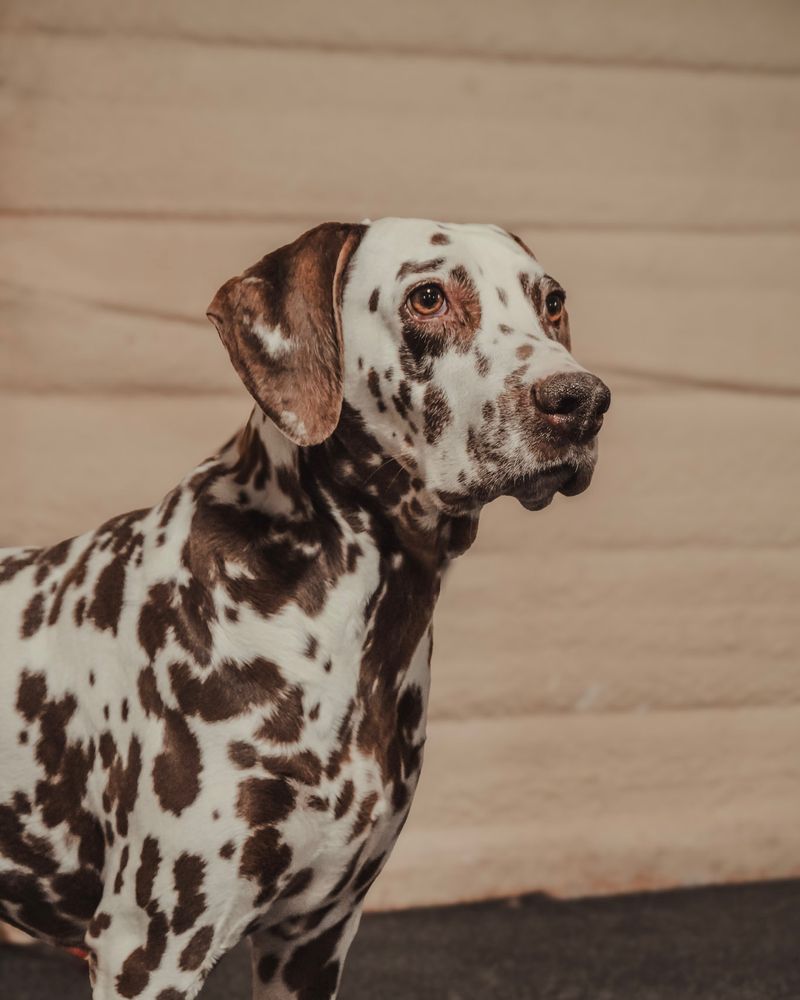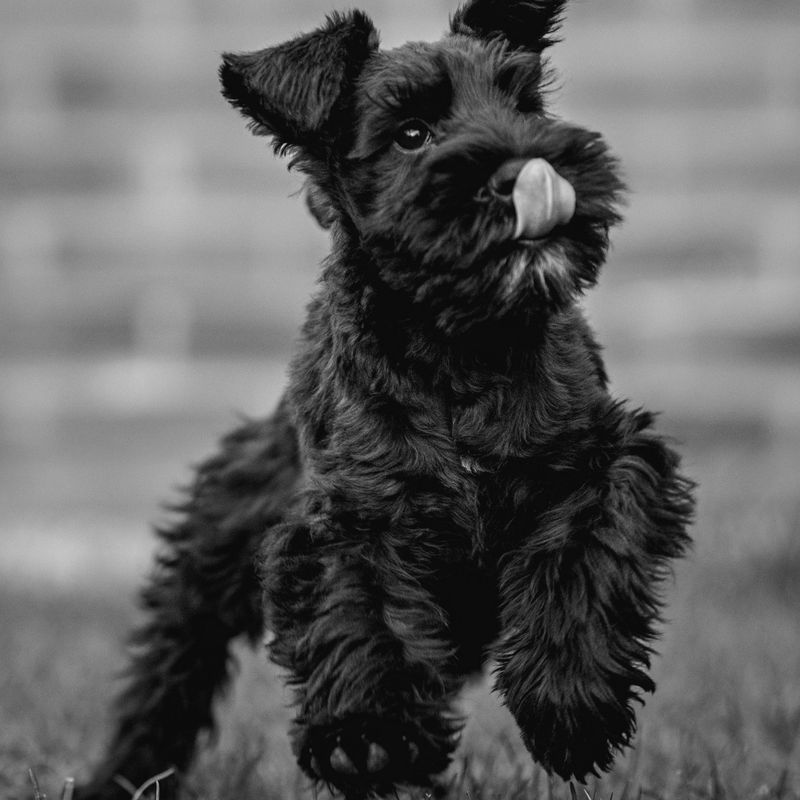Understanding dog behavior can be complex, especially when it comes to certain breeds. Some dogs, due to their history, characteristics, or instinctual drives, exhibit more behavioral issues than others. In this article, we delve into 15 breeds known for their challenging traits, providing insights and tips for potential owners or enthusiasts.
Dachshund
Is it any surprise that a dog bred to track and hunt badgers might have a stubborn streak? The Dachshund’s tenacity is legendary, but it can sometimes lead to behavioral issues like excessive barking or digging.
These determined dogs are known for their unique shape and enthusiastic personalities. Providing them with mental stimulation and regular exercise can help manage their energy.
The Dachshund’s origins date back to Germany, where they were prized for their ability to hunt burrowing animals, showcasing their fearless nature.
Jack Russell Terrier
With a boundless energy that captivates and exhausts, the Jack Russell Terrier is a breed known for its intelligence and agility. However, this can also translate into behavioral challenges, such as hyperactivity or destructiveness if not properly engaged.
These dogs thrive in environments where they can explore and play. Consistent training and ample physical activity are key.
Originally bred for fox hunting in England, Jack Russells are celebrated for their spirited nature and clever antics, traits that continue to define them today.
Beagle
The Beagle’s nose often leads them into trouble, as this breed is known for their incredible scenting ability. This trait can sometimes make them wanderers, following scents rather than commands.
Beagles are friendly and curious, traits that can be both charming and challenging. Structured play and scent games are excellent for channeling their instincts.
Did you know? Beagles have been a beloved breed for centuries, with their cheerful dispositions making them a favorite among families and hunters alike.
Bulldog
With their endearing wrinkled faces, Bulldogs often capture hearts, but their stubbornness can be a hurdle. This breed is known for their relaxed demeanor but can be quite obstinate when it comes to training.
Patience and positive reinforcement are essential tactics for training Bulldogs, as they tend to follow their own rules.
Originating from England, Bulldogs were initially bred for bull-baiting, but their gentle and loving nature has made them popular companions today.
Chihuahua
Tiny yet full of attitude, the Chihuahua is a breed that often surprises with its boldness. Known for being fiercely loyal, this little dog can sometimes display protective behaviors that border on aggression. Despite their size, they have a strong spirit and can be quite stubborn.
Training a Chihuahua requires patience, as their independent nature may lead to challenges. Socialization early in life can help mitigate some issues.
Historically, these dogs were companion animals for the Toltec civilization, and their distinct personalities have been celebrated ever since.
Cocker Spaniel
With their soft eyes and flowing coats, Cocker Spaniels are often seen as the epitome of elegance. However, their sensitive nature can sometimes lead to behavioral concerns such as separation anxiety or fearfulness.
These dogs thrive in loving environments where they feel secure and part of the family. Early socialization and gentle training are crucial.
Once a favorite among royalty, Cocker Spaniels have a long history of companionship, reflecting their affectionate and lively personalities.
Rottweiler
Strong, loyal, and protective, the Rottweiler is a breed often misunderstood due to its powerful appearance. With proper training, they can be gentle giants, but without it, they may exhibit guarding behaviors that are difficult to manage.
They require responsible ownership and consistent leadership to channel their strength positively.
Rottweilers were originally used as cattle-driving dogs in Germany, a testament to their intelligence and work ethic that remains evident today.
Dogo Argentino
Bred for big game hunting, the Dogo Argentino is a breed known for its strength and courage. These dogs can be loving family members, but their strong prey drive may lead to aggression without proper socialization.
Firm, consistent training and a strong leader are needed to ensure they become balanced companions.
The breed originated in Argentina, where they were prized for their hunting skills and protective instincts, traits that require careful management today.
Siberian Husky
The Siberian Husky’s striking appearance and energetic nature are captivating, but their independence can be challenging for owners. These dogs are known for their escape artist tendencies and strong pack instincts.
Regular exercise and mental stimulation are essential to keep them content. Secure fencing and engaging activities can prevent boredom-related issues.
Originating from Siberia, Huskies were bred by the Chukchi people for sled pulling, a testament to their endurance and strength.
Yorkshire Terrier
Small in size but big in personality, the Yorkshire Terrier is a breed known for its feisty and spirited demeanor. While charming, this can also lead to behaviors like excessive barking or stubbornness.
They thrive on attention and require firm yet loving guidance. Early socialization can help them adapt to various situations.
Originally bred to catch rats in mills, Yorkies carry a fearless attitude that belies their dainty appearance, making them both delightful and demanding companions.
Boxer
Boxers are known for their boundless enthusiasm and playful nature, traits that make them popular family dogs. However, this exuberance can sometimes translate into hyperactivity or stubbornness.
Structured play and firm training are essential to channel their energy positively. They thrive in active households where they can participate in family activities.
Boxers originated in Germany, where they were used as hunting and working dogs, highlighting their athleticism and intelligence that still shine today.
Border Collie
Renowned for their intelligence and work ethic, Border Collies are exceptional herding dogs. However, their high energy levels and need for stimulation can lead to behavioral issues if not properly managed.
They excel in environments where they can utilize their minds and bodies, such as in work or dog sports.
The Border Collie’s heritage is deeply rooted in Scotland, where their herding skills have been honed for generations, contributing to their reputation as one of the most intelligent breeds.
Dalmatian
With their iconic spots and energetic nature, Dalmatians are a breed that stands out. Their high energy levels require regular exercise and engagement to prevent destructive behaviors.
They are known for their loyalty and love for families, but can become easily bored without stimulation. Training and interactive play are crucial.
Historically, Dalmatians served as carriage dogs, running alongside horses. This history of activity continues to influence their energetic disposition today.
Miniature Schnauzer
The Miniature Schnauzer’s spirited personality and distinctive appearance make them a beloved breed. However, their alertness and sometimes overprotective nature can lead to behaviors like excessive barking.
They are intelligent and respond well to positive training techniques. Consistent socialization and activities that engage their minds are beneficial.
Originating from Germany, Miniature Schnauzers were bred to be farm dogs and rat catchers, a background that contributes to their lively and inquisitive character.
Pomeranian
With a mane resembling a tiny lion, the Pomeranian is a breed full of personality. Their boldness often leads to behaviors like excessive barking or bossiness, especially if not properly trained.
These dogs thrive on attention and love being part of the family. Early training and socialization are key to managing their spirited nature.
Despite their small size, Pomeranians were once used as sled dogs in the Arctic, a surprising origin that reflects their robust personality today.







